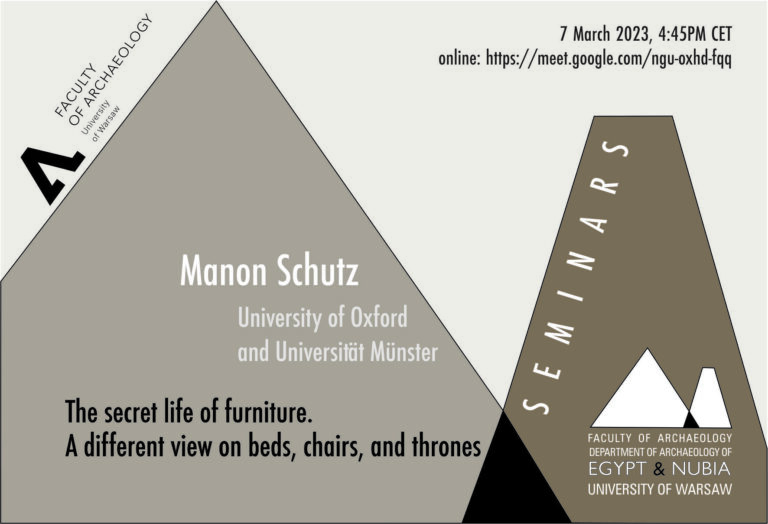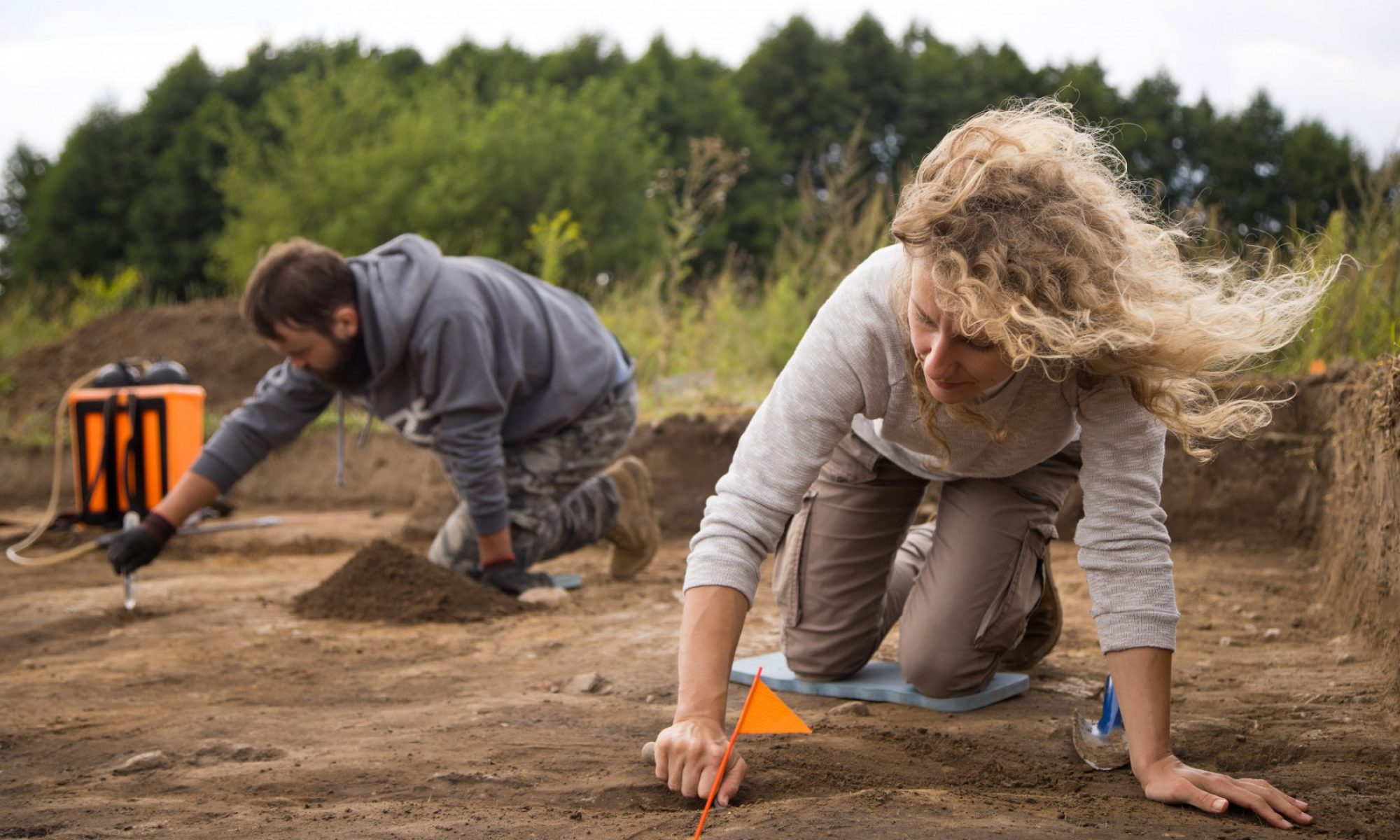Dear Students,
In the Studies > Field Training > Excavations section, we are posting excavation opportunities as they are submitted by lecturers. The list is updated on an ongoing basis.
Please contact the supervisors directly to register.
New course (OGUN) – “Aksum – African civilization of Late Antiquity”
We encourage students to register for new classes in the summer semester: “Aksum – African civilization of Late Antiquity” (3600-AF-AACLA-OG) 4 ECTS.
Continue reading “New course (OGUN) – “Aksum – African civilization of Late Antiquity””
University-wide survey “Equality at UW 2024”
Dear All,
we cordially invite all UW employees, students and doctoral students schools and doctoral students to participate in the university-wide survey “Equality at UW 2024”.
Continue reading “University-wide survey “Equality at UW 2024””
Invitation for students to participate in a summer game during the field research
Dear Students,
We are pleased to invite you to participate in a game aimed at promoting the field research conducted by our Faculty.
Continue reading “Invitation for students to participate in a summer game during the field research”
Old World’s 2024 best article competition for young scholars: “Women of the Pre-Modern World”
We invite you to participate in the inaugural best article competition for young scholars announced by Old World: Journal of Ancient Africa and Eurasia. The topic for 2024 is “Women in the Pre-Modern World”. All authors aged 35 or below (born on 20 September of 1988 or later) are eligible to participate in the competition. The prize is $1000.
Rules of field training – 1st year students
Dear Students,
We would like to remind you that according to the decision of the Vice-Dean for Student Affairs Dr. Elżbieta Jaskulska, during the BA first year (from the academic year 2023/24), students are not allowed to participate in field training abroad (outside Poland) and during the first two weeks of the summer session. In September, students can participate in field training when they do not have a repeat examination.
Results of the election of student representatives at the Faculty of Archeology
Results of the election of student representatives at the Faculty of Archeology (2023/2024):
The Students’ Self-Government of the Faculty of Archeology: Banach Karol, Chmielewski-Gill Jan, Góralewski Kazimierz, Gron Olivia-Giselle, Wiącek Bernadetta
Representatives in the Council of the Faculty of Archaeology, University of Warsaw: Banach Karol, Góralewski Kazimierz, Konofał Kacper, Mońka Paulina
Representatives in the Teaching Council of the Faculty of Archaeology, University of Warsaw: Krajewski Maciej, Kurjan Izabella
The published election protocols (in Polish only):
Field walking survey – autumn 2023
Dear Students,
In the Field training-> Field walking survey bookmark, you may find up-to-date information about the field walking survey (16-20 October, 2023). The offer will be constantly supplemented with information sent by the instructors.
The secret life of furniture. A different view on beds, chairs, and thrones – lecture
We would like to invite you to a lecture of
Dr. Manon Schutz
(The University of Oxford and Universität Münster)
The secret life of furniture. A different view on beds, chairs, and thrones
The online lecture will take place on March 7 at 4.45 PM:
https://meet.google.com/ngu-oxhd-fqq

The lecture will be held as part of the seminar “Archaeology of Egypt and Nubia” (Faculty of Archaeology, University of Warsaw).
Integrated Microscopy Approaches in Archaeobotany (IMAA) Workshop
The next Integrated Microscopy Approaches in Archaeobotany (IMAA) Workshop will take place at the University of Reading (UK) on the 1st – 2nd April 2023. The themes for this year’s workshop are:
- Archaeo- and Paleobotanical Approaches to Tropical Agriculture
- Innovation in microanalysis, taphonomy and identification
- Rewilding and Conservation
- Science Communication of Archaeo- and Palaeobotanical Data
- Sustainable Uses of Plants
- The Archaeobotany of the Islamic West

The call for abstracts for oral and poster contributions remains open until 21st February 2023. Further details about abstract submission, registration and the discussion sessions can be found on the website.

